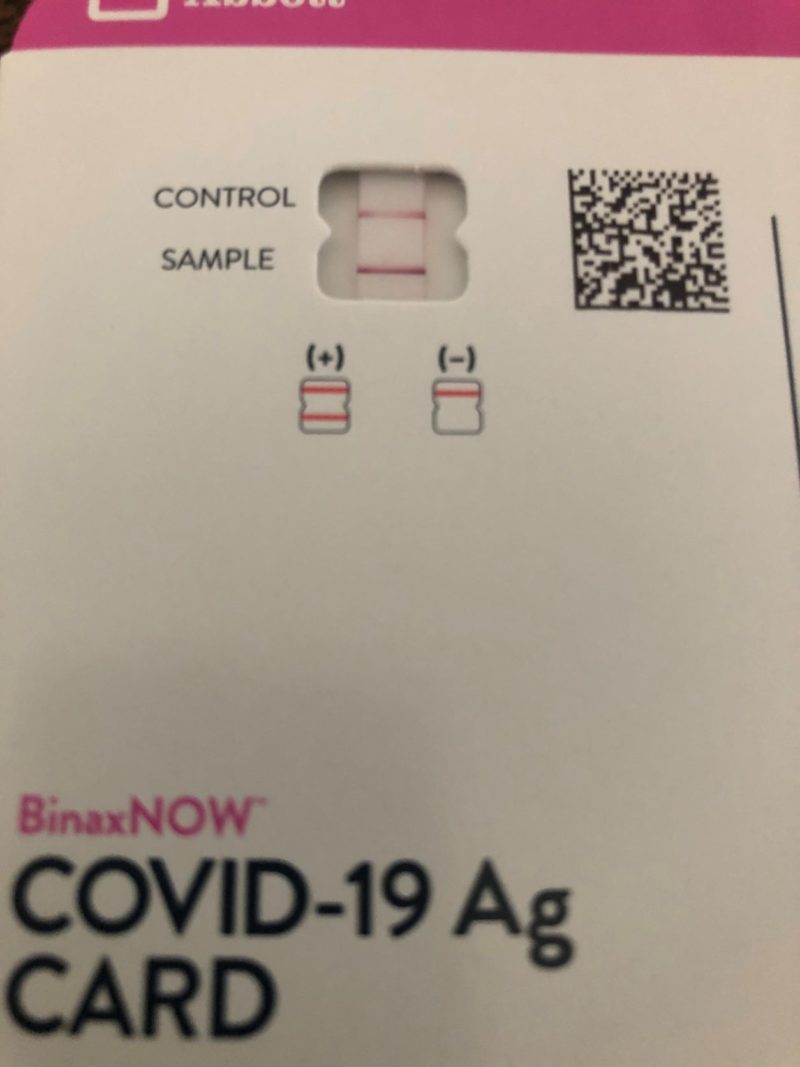A little over a year ago, I wrote about whether Bruton’s tyrosine kinase inhibitors (BTKi’s) might be the next big thing in multiple sclerosis (MS) treatments. BTKi’s are small molecules that selectively block an enzyme that’s important for the activation of B-cells in the immune system and microglia, cells whose job is to protect neurons.
Some of both types of cells are thought to be responsible for the abnormal immune responses that characterize MS. BTKi’s seem to be able to selectively target these cells, wiping out those that harm the immune systems of people with MS while leaving normal cells alone. They are also able to enter the brain, so there’s hope they may be able to attack “smoldering” MS, which progresses without any evidence of inflammatory activity.
BTKi’s being studied in big pharma trials
A number of clinical trials of BTKi’s for people with MS are underway. Sanofi is studying tolebrutinib, Genentech has been testing fenebrutinib, and EMD Serono (Merck KGaA outside of the U.S. and Canada) has been investigating evobrutinib. About a year ago, Biogen paid $125 million to the Chinese biopharmaceutical company InnoCare for rights to orelabrutinib in the field of MS.
Sanofi clinical trial is suspended in U.S.
But there’s a hang-up with tolebrutinib. At the end of June, the U.S. Food and Drug Administration (FDA) put Sanofi’s Phase 3 clinical trial of the investigational therapy on a partial clinical hold and Sanofi paused patient enrollment in the U.S. The reason: A limited number of cases of drug-induced liver injury have been connected to patients in the tolebrutinib study.
In a June press release, Sanofi said the complications occurred in patients who had other illnesses that made them predisposed to that kind of liver injury. The pharmaceutical company has modified its study protocols and says it “remains confident in the future of tolebrutinib as a potentially transformative oral treatment option for people living with MS.”
Where does this leave BTKi’s?
Is the tolebrutinib problem just a stumble, or is it worse?
Right now, Phase 2 and 3 trials of fenebrutinib continue for primary progressive MS and other relapsing forms of the disease. A pair of Phase 3 trials continues for evobrutinib in relapsing forms of MS, as does a Phase 2 trial for orelabrutinib in relapsing-remitting MS.
In early August, a Sanofi press release reported that the company expects to provide the FDA with all requested information by the end of September. It hopes that the information will persuade U.S. regulators to allow recruitment for its U.S. clinical trial to resume sometime in the fourth quarter of this year.
I suspect this is, indeed, only a small stumble. I certainly hope so. We’ve come a long way since taking the first small steps with disease-modifying therapies 30 years ago. I’m hoping BTK inhibitors will be the next giant leap.
(A version of this post first appeared as my column on the MS News Today website.)



